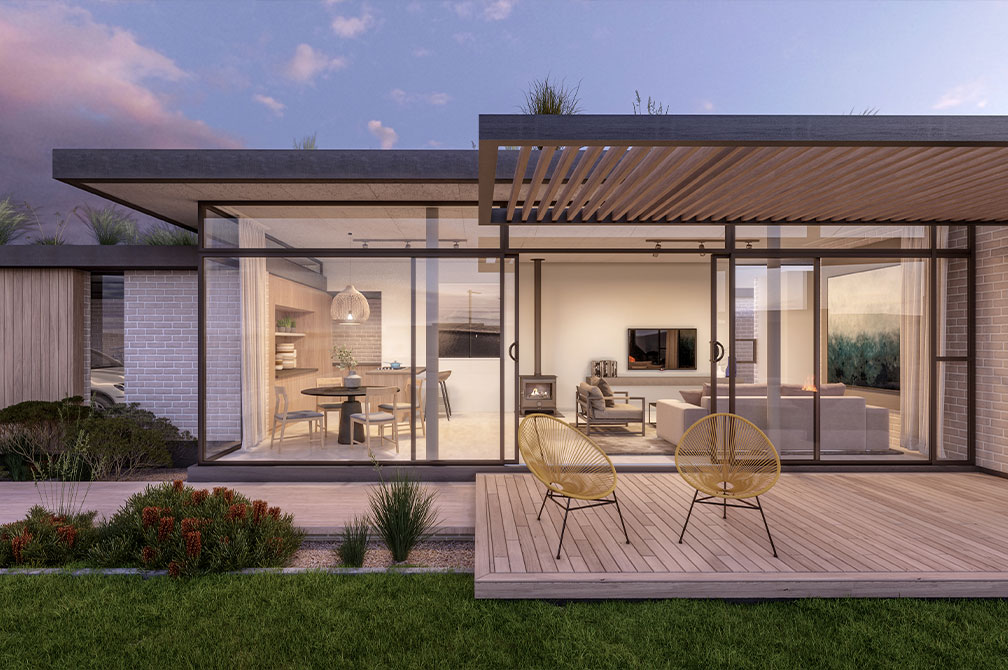Recognized for its highly stable political and economic environment, the southwest African country of Namibia is one of the continent’s prime tourist destinations, with abundant wildlife and some of the highest dunes in the world. Namibia is considered among the safest nations in Africa, with an impressive infrastructure and an excellent quality of life.
The process for obtaining residence by investment in Namibia is currently under review by the government and related parties. Further updates will be provided in due course.
Henley & Partners offers over 40 investment migration programs. Contact us to find the best alternative residence or citizenship program for you and your family.
Namibian residents benefit from the country’s pro-business and tech-focused environment and its status as one of the safest, most politically stable nations in Africa.
Population: | 2.7 million |
Languages: | Afrikaans, English, German, Portuguese |
Economy: | Modern market sector driven by financial services, tourism, retail, and wholesale trade |
Currency: | Namibian dollar (pegged to the South African rand) |
Located in sub-Saharan Africa with just 2.7 million inhabitants in an area of 825,615 km, Namibia is the third most sparsely populated country in the world. It became an independent nation in 1990, having previously been a mandate of neighboring South Africa and, prior to that, a colony of Germany. As such, Afrikaans, English, and German are among its official languages. Capital city Windhoek is home to over 450,000 people and still features traditions and architecture from its colonial past.
The country provides an excellent quality of life for expats and visitors alike, not least because of its huge area and small population, which means it is very peaceful and no one is ever far from some pristine nature. For anyone who enjoys the hustle-and-bustle of city life, Windhoek provides all the modern amenities that any global investor could wish for.
One of the biggest draws for visiting or living in Namibia is its astounding natural beauty. Possibly best known for its two deserts — the Kalahari and the Namib, the world’s oldest — Namibia’s vast expanse offers something for everyone, including fertile wetlands, grassy plains and breathtaking mountains. It is also home to the Fish River Canyon (the largest canyon in Africa) and Dune 7, the seventh-biggest sand dune in the world. Another feature of note is the Skeleton Coast, whose thick sea fogs make it a favorite subject of wildlife documentary makers from around the world. Meanwhile, the Caprivi Strip, the thin strip of land at the far north of Namibia that juts out 450 km eastwards, is a safari-lover’s paradise.
As the first African country to enshrine environmental protection in its constitution, Namibia is a haven to some of Africa’s most iconic species, including elephants, lions, zebras, ostriches, flamingos, and hyenas. It also houses the world’s largest populations of endangered cheetahs, black rhinos, and cape fur seals.
Namibia is one of the safest countries in Africa and its democracy is one of the continent’s most stable, having held several peaceful multi-party elections since its independence. It enjoys particularly good relations with South Africa, and, in fact, the South African rand is legal tender in Namibia.
Namibia has some impressive infrastructure. Its network of roads has been ranked first in Africa for five consecutive years. The country also has good air links. There are regular flights between Hosea Kutako International Airport in Windhoek and Frankfurt, and there are direct flights to sub-Saharan cities such as Gaborone, Harare, Luanda, Lusaka, and to global African cities Cape Town and Johannesburg.
The nation was one of the first countries in sub-Saharan Africa to achieve full internet connectivity, and 4G is now available across 85% of the country. It also has one of the most modern postal infrastructures in Africa.
Namibia operates a territorial tax system, which means that residents are generally only taxed on the income that they generate in Namibia.
What’s more, tax rates are relatively competitive compared with many other emerging markets. The top rate of income tax in the country is a modest 37%, but perhaps most notably, there are no capital gains, estate duty, or inheritance taxes.
With the government keen to attract inward investment, it has made some major improvements to its tax system in recent years. This change led to Namibia being taken off the EU’s list of non-cooperative tax jurisdictions in 2018.
Namibia is a relatively well-off country, with the population’s average wealth level among the highest in Africa. The country’s major industries include mining (diamonds, uranium, gold, zinc, and copper), tourism, farming, fishing, and manufacturing. It is looking to position itself as a modern developing country by expanding its manufacturing industry and exporting more goods, all the while preserving its most valuable assets — its natural environment and ecological diversity.
Areas of particular focus include technological investment to help prevent climate change, investing more heavily in renewable energies (such as wind power from the Atlantic coastline and solar power) and pioneering private social enterprise centered around health and education. Under the Foreign Investment Act of 1993, foreign investors and Namibian firms are treated equally, while Namibia’s independent judicial system and protection of property and contractual rights make it a good place for foreign investors to conduct business.

Henley & Partners assists international clients in obtaining residence and citizenship under the respective programs. Contact us to arrange an initial private consultation.

Have one of our qualified advisors contact you today.
We use cookies to give you the best possible experience. Click 'Accept all' to proceed as specified, or click 'Allow selection' to choose the types of cookies you will accept. For more information, please visit our Cookie Policy.